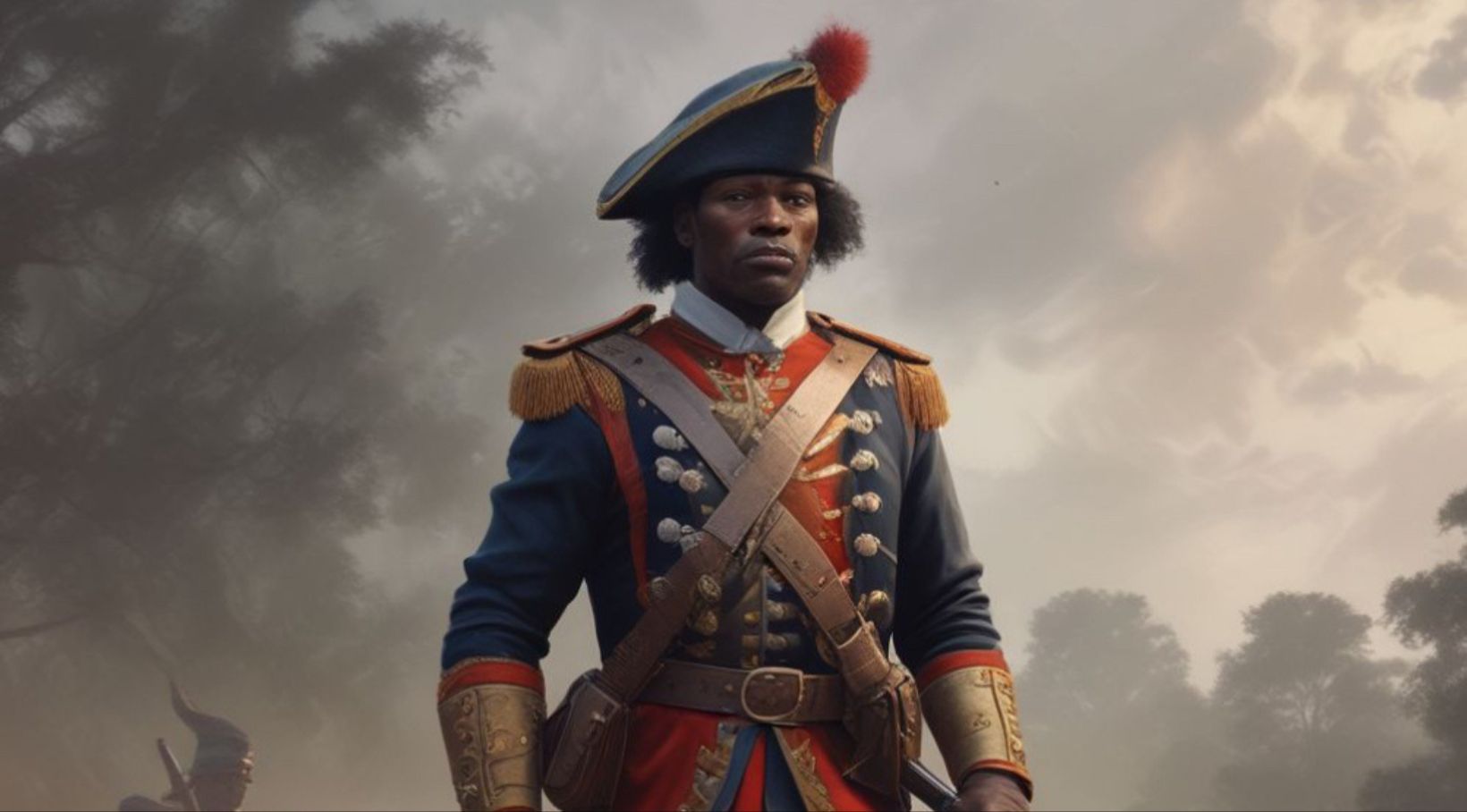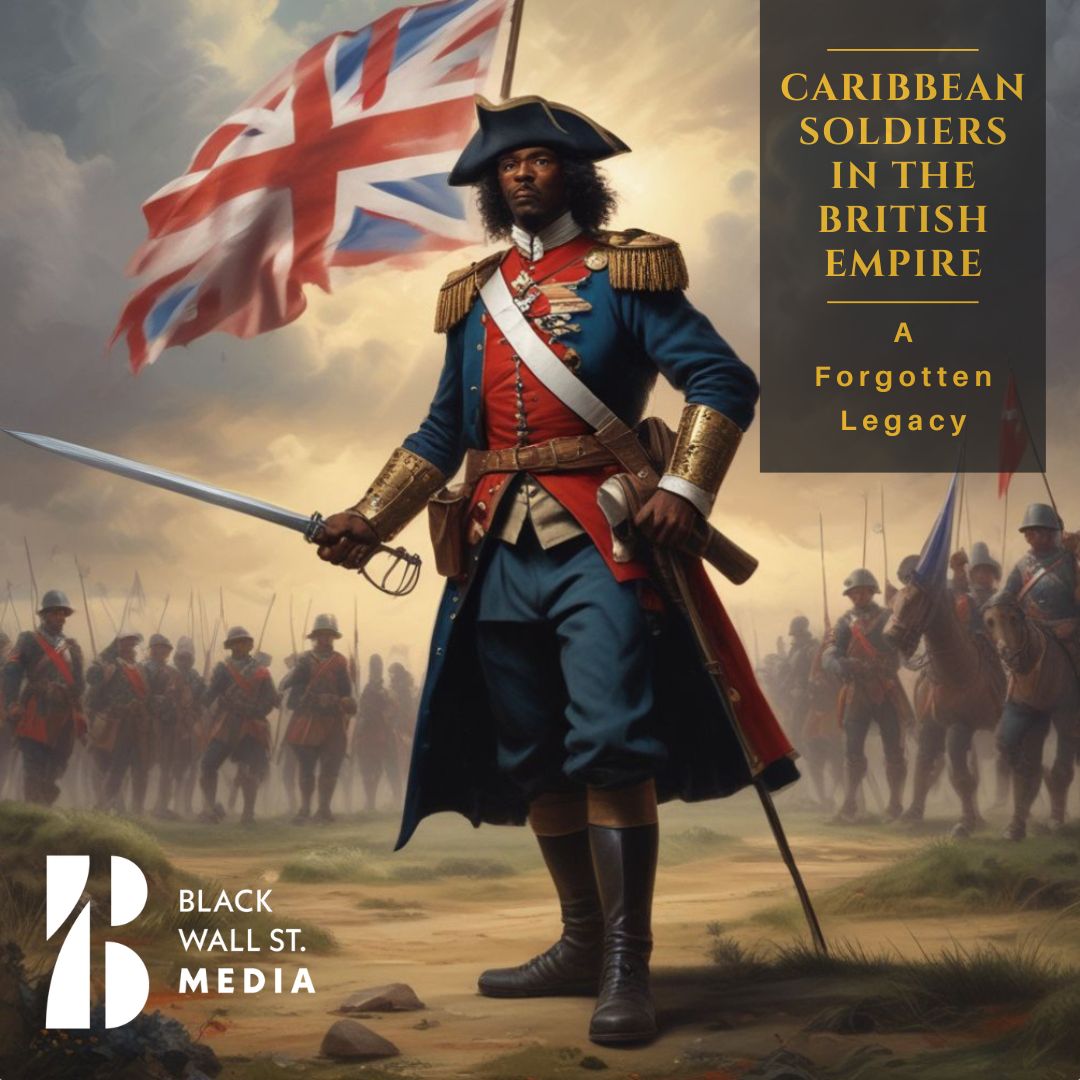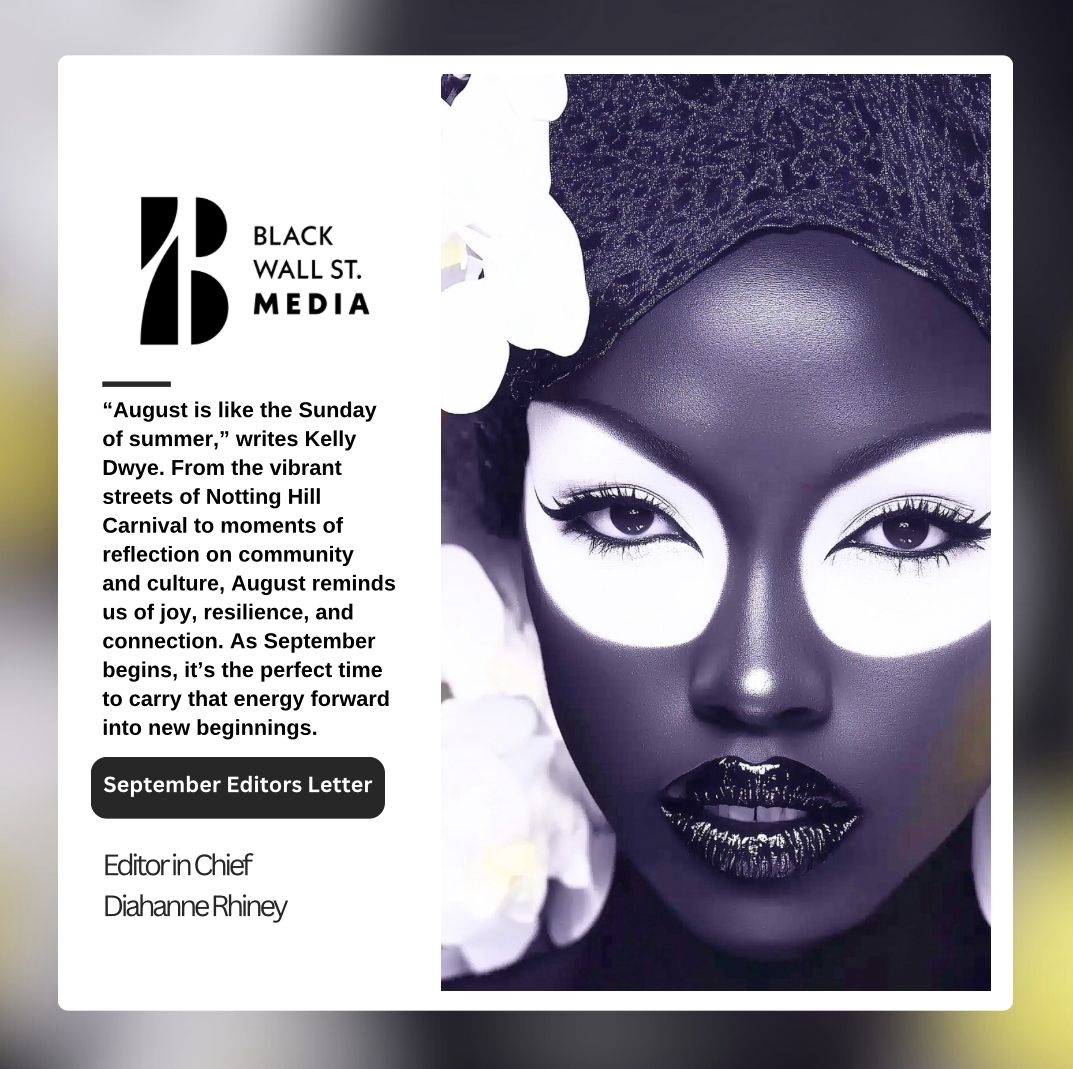Colonial History, Military History, and Caribbean History
The Caribbeans Military Legacy
“Discover the untold story of the West India Regiments, a pivotal force in British colonial military history.”
Nicola MillingtonBWSM
The Role of the West India Regiments in British Colonial Military History
The history of the West India Regiments is deeply intertwined with the expansion of British colonial power and the defense of its Caribbean possessions.
Established during a period of intense rivalry between European powers, these regiments not only played a crucial role in maintaining British dominance in the region but also marked a significant chapter in the complex relationship between race, slavery, and military service.
Cromwell’s Caribbean Campaign and the Early Settlers The origins of British military involvement in the Caribbean can be traced back to 1654, when Oliver Cromwell sent soldiers to capture Spanish territories in the region. These soldiers, recruited from England and the Caribbean colonies, landed in Jamaica on May 10, 1655.
The Spanish forces quickly withdrew, leaving the soldiers to settle the newly acquired territory. These early settlers, who were granted land in Jamaica and other islands, laid the foundation for British colonisation in the Caribbean.
During this period, the Caribbean became a melting pot of cultures and ethnicities, as both forced and voluntary laborers arrived to exploit the region’s resources. Initially, the focus was on mining for gold, but as the profitability of sugar plantations became apparent, the demand for labor grew, leading to the importation of African slaves.
The Caribbean soon became a battleground for European powers, with conflicts such as the Nine Years’ War (1688-1697) and the Seven Years’ War (1756-1763) shaping the region’s political landscape.

Disease and the Formation of Black Regiments The tropical climate of the Caribbean posed significant challenges to European soldiers, with disease often proving deadlier than combat.
Recognising that black troops were more resilient to tropical diseases, British military leaders began to consider the formation of permanent regiments composed of black soldiers. This idea gained traction during the French Revolutionary Wars, leading to the creation of regiments of black slaves, despite initial opposition from plantation owners who feared the implications of arming enslaved Africans.
The British government, influenced by the West India Committee—a lobby group representing the interests of Caribbean planters—initially hesitated to endorse the idea. However, practical needs outweighed concerns, and the planters eventually agreed to sell slaves to the army. Between 1769 and 1807, the British army became the largest slave owner in the Caribbean, purchasing 13,000 slaves to serve in the newly formed West India Regiments.
These soldiers, once purchased, were granted the same rights as their white counterparts, including protection from the harsh slave laws that governed the Caribbean colonies.
Military Campaigns and Legal Struggles The West India Regiments quickly proved their value on the battlefield. They played crucial roles in various campaigns, including the defense of British territories against French and Dutch forces and engagements during the War of 1812 against the United States. Notable actions included campaigns in St. Martin (1801), Surinam (1804), and Dominica (1805).
Despite their successes, the legal status of these black soldiers remained a contentious issue, with debates over whether they should be considered free men or remain slaves. This uncertainty led to mutinies, including the disbandment of the 8th Regiment after a refusal to perform menial labor. The issue was finally resolved in 1807, when the Mutiny Act confirmed that soldiers of the West India Regiments were indeed free men.
The regiments continued to serve in various conflicts throughout the 19th century, including the suppression of slave rebellions in Barbados (1816) and Demerara (1823).
The status and loyalty afforded to soldiers within the British army helped maintain their allegiance, even as tensions between plantation owners and black soldiers increased following the abolition of slavery in 1833. Service Beyond the Caribbean From the 1820s onwards, the West India Regiments were deployed across the British Empire, including in West Africa and South America.
They were instrumental in quelling local unrest, such as the 1865 Morant Bay Rebellion in Jamaica, where the 1st West India Regiment played a key role in the brutal suppression of the uprising.
The regiments also participated in various military campaigns in West Africa, including the 3rd Ashante War (1874-1875), where they withstood attacks for six months before joining General Wolseley’s offensive on the Ashante capital, Kumasi. During World War I, the West India Regiments served in West Africa and Palestine, while thousands of Caribbean men volunteered to fight in Europe, leading to the formation of the British West Indies Regiment.
The regiments were disbanded in 1927, but their legacy continued, as Caribbean soldiers continued to serve in the British forces during World War II and beyond. The Enduring Legacy of the West India Regiments The West India Regiments were briefly reformed in the 1950s during an attempt to create a West Indies Federation.
Although the federation ultimately failed, many of the soldiers from the regiments continued to serve in local defense forces across the Caribbean. Today, the legacy of the West India Regiments lives on through the continued service of Caribbean men and women in the British armed forces, and through the historical ties between the British army and the defense forces in the Caribbean.
The story of the West India Regiments is a testament to the complex and often contradictory nature of British colonialism—where exploitation and opportunity, oppression and empowerment, existed side by side. These regiments not only helped secure British interests in the Caribbean and beyond but also played a pivotal role in shaping the identities and histories of the Caribbean people themselves.










































